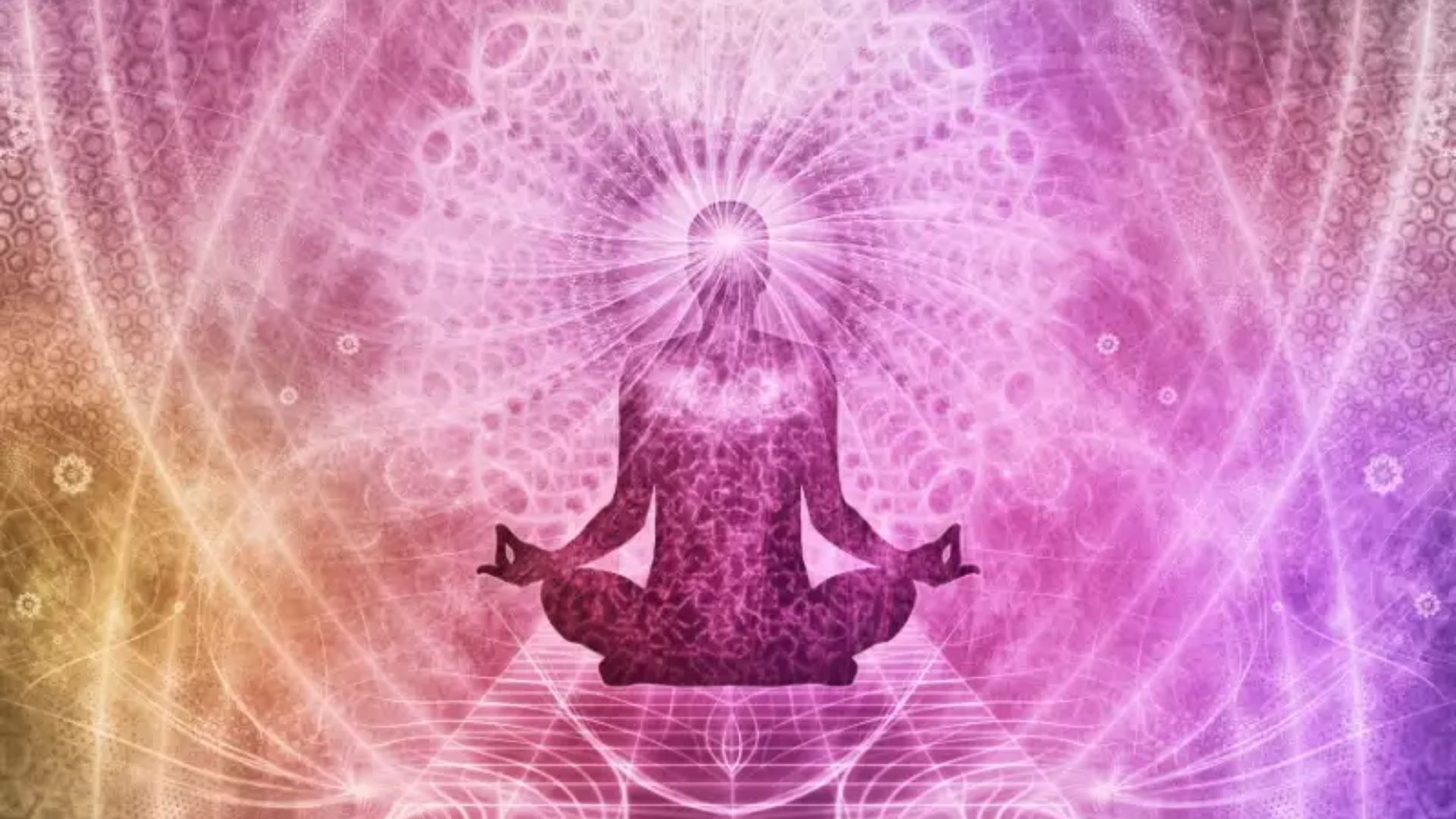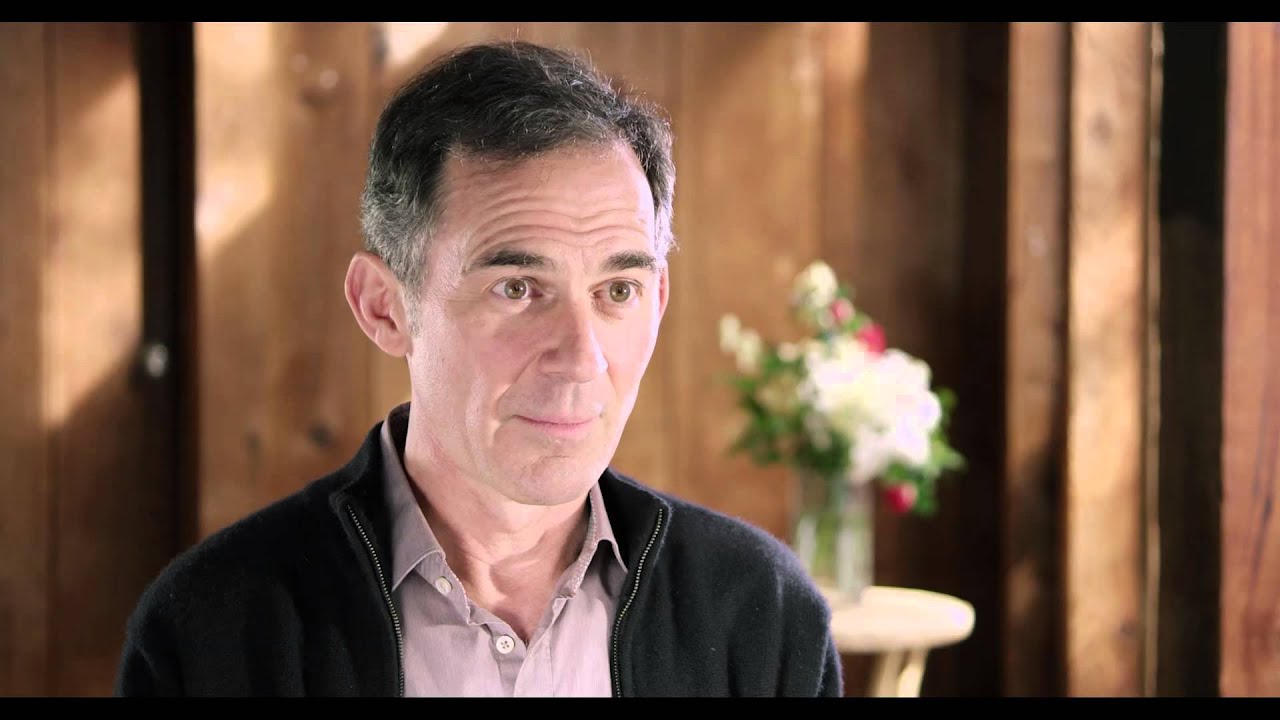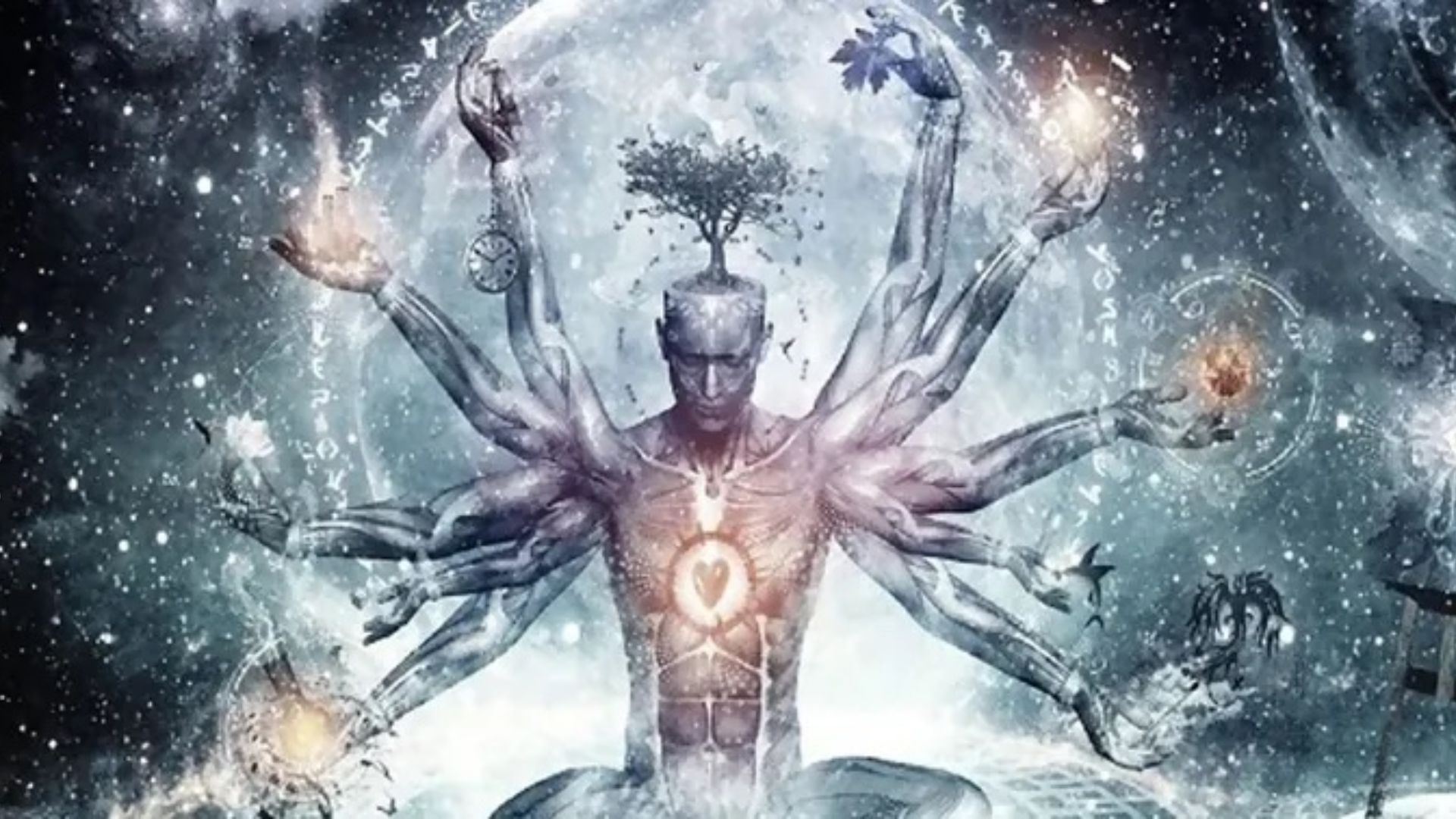How Does Existence Culminate In The Final Stage Of Reincarnation?
Reincarnation has been a topic of fascination for centuries. The idea that our souls are reborn into different bodies after we die is a central concept in many religions and spiritual beliefs. While the process of reincarnation is often discussed, little is known about what happens in the final stage of reincarnation.
Author:Evelyn AdamsReviewer:Calvin PenwellJan 04, 202489.6K Shares1.2M Views

Reincarnationhas been a topic of fascination for centuries. The idea that our souls are reborn into different bodies after we die is a central concept in many religions and spiritual beliefs. While the process of reincarnation is often discussed, little is known about what happens in the final stage of reincarnation.
What Is Reincarnation?
Reincarnation is the belief that after we die, our souls are reborn into new bodies. This cycle continues until our souls achieve enlightenment or reach a state of ultimate peace.
Reincarnation is a central tenet of Hinduism, Buddhism, and Jainism. It is also a common belief in many other religions and spiritual practices, including some Native American and African religions.
The Process Of Reincarnation
The process of reincarnation is complex and often difficult to understand. However, it can be broken down into several stages.
Stage 1 - Death And The Journey Of The Soul
When we die, our souls leave our bodies and begin a journey. The soul must pass through a realm called the bardo, where it will face judgment and be guided to the next stage of its journey. In some traditions, the soul may also face tests and trials during this phase.
Stage 2 - Rebirth
Once the soul has completed its journey through the bardo, it is ready for rebirth. The soul is attracted to a new body that is suitable for its level of spiritual development. The process of choosing a new body can take time and may involve consultations with other souls and spiritual guides.
Stage 3 - Life
The soul is reborn into a new body and begins a new life. During this stage, the soul will face new challenges and opportunities for growth. The soul may also have a sense of deja vu or recognize people and places from past lives.
Stage 4 - Death And Reincarnation
When the body dies, the soul will once again leave the body and begin the journey through the bardo. The cycle of reincarnation continues until the soul achieves enlightenment or ultimate peace.
The Final Stage Of Reincarnation
The final stage of reincarnation is the ultimate goal of the cycle of birth and rebirth. This stage is often referred to as moksha, nirvana, or liberation.
What Is Moksha?
In Hinduism, moksha is the ultimate goal of reincarnation. It is the state of ultimate liberation, where the soul is free from the cycle of birth and rebirth. In this state, the soul has achieved enlightenment and has merged with the divine.
What Is Nirvana?
In Buddhism, nirvana is the state of ultimate enlightenment and liberation. It is the state where the soul has achieved the highest level of spiritual development and is free from suffering and the cycle of birth and rebirth.
What Is Liberation?
In Jainism, liberation is the ultimate goal of reincarnation. It is the state where the soul has achieved the highest level of spiritual development and is free from the cycle of birth and rebirth. In this state, the soul is no longer subject to karma and has achieved perfect knowledge and purity.
How To Achieve The Final Stage Of Reincarnation?
Achieving the final stage of reincarnation is the ultimate goal for many spiritual seekers. However, it is a difficult and complex process that requires a lot of work and dedication.
Practice Self-Realization
Self-realization is the process of becoming aware of your true self and your connection to the divine. This involves deep introspection and meditation to connect with your inner self and understand your place in the universe.
By understanding your true nature and the nature of the universe, you can begin to release attachments and desires that keep you bound to the cycle of birth and rebirth.
Practice Karma Yoga
Karma yoga is the path of selfless action. By performing actions without attachment to the results, you can accumulate positive karma and reduce negative karma. Positive karma can help you progress toward the final stage of reincarnation.
Practice Bhakti Yoga
Bhakti yoga is the path of devotion and love for the divine. By cultivating a deep love and devotion for the divine, you can transcend the ego and connect with your true self. This can help you progress towards the final stage of reincarnation.
Practice Jnana Yoga
Jnana yoga is the path of knowledge and wisdom. By studying spiritual texts and seeking knowledge, you can gain a deeper understanding of the universe and your place in it. This can help you release attachments and desires and progress towards the final stage of reincarnation.
Seek Guidance From Spiritual Teachers
Seeking guidance from spiritual teachers can be invaluable in achieving the final stage of reincarnation. Spiritual teachers can provide guidance and support as you progress on your spiritual path. They can also help you understand and overcome any obstacles or challenges that you may encounter.
The Role Of Karma In Reincarnation
Karma is one of the central concepts in Hinduism and other eastern spiritual traditions. It is the idea that our actions in this life and past lives create a sort of energetic debt that must be paid back in future lives.
Positive actions create positive karma, which can lead to a better future life or even liberation from the cycle of reincarnation. Negative actions create negative karma, which can lead to a worse future life or a longer cycle of birth and rebirth.
Karma is believed to be the force that determines the circumstances of our future lives. For example, if a person has accumulated positive karma through acts of kindness and generosity, they may be reborn into a more fortunate family or social position in their next life.
Conversely, if a person has accumulated negative karma through harmful actions, they may be reborn into a more difficult or challenging situation in their next life.
Power Of Mantra And Chanting In Spiritual Progression
Mantras are sacred words or phrases that are repeated over and over again as a form of spiritual practice. Chanting mantras can have a profound impact on spiritual progression as they help to quiet the mind and connect with the divine.
Mantras can be chanted aloud or silently, and they can be used to cultivate specific qualities or energies. For example, the mantra "Om" is often chanted to cultivate a sense of peace and harmony. The mantra "Om Namah Shivaya" is used to connect with the energy of Shiva, the destroyer of negative energies.
Chanting mantras can also have a transformative effect on the physical body. Studies have shown that chanting can reduce stress and anxiety, lower blood pressure, and improve the immune system.
Ego And Its Impact On Reincarnation
The ego is the sense of self that we identify with in our everyday lives. It is the voice in our head that tells us who we are and what we want. While the ego can be useful in navigating the world, it can also be a major obstacle in spiritual progression.
The ego is driven by desires and attachments, which can keep us bound to the cycle of birth and rebirth. When we identify with the ego, we are identifying with the illusion of separation from the divine. This illusion can prevent us from realizing our true nature and connecting with the divine.

Are There Stages of Realization? - Rupert Spira
The Different Planes Of Existence In Reincarnation
In Hinduism and other eastern traditions, it is believed that there are multiple planes of existence in the universe. These planes are different levels of consciousness and vibration, and they are often referred to as lokas or worlds.
The highest plane of existence is known as Satyaloka or Brahmaloka, which is the realm of the ultimate reality or Brahman. This is the final destination for spiritual seekers who have achieved liberation from the cycle of birth and rebirth.
Other planes of existence include the celestial realms, which are inhabited by beings such as gods, demigods, and angels. The lower planes of existence are inhabited by beings such as humans, animals, and demons.
According to Hinduism, the plane of existence that a soul is reborn into is determined by karma, which is the sum of a person's actions in their past lives. Positive karma can lead to rebirth in higher planes of existence, while negative karma can lead to rebirth in lower planes.
People Also Ask
Can We Choose Our Next Life During Reincarnation?
Some spiritual traditions believe that the soul has some control over its next incarnation based on its actions and intentions in this life.
Is Reincarnation A Scientific Concept?
While the idea of reincarnation is not supported by mainstream science, it is a central concept in many spiritual traditions.
How Does Reincarnation Differ Between Different Religions?
Reincarnation is viewed differently in different religions, with some believing in a single afterlife and others in a cycle of rebirth.
Do All Souls Experience The Same Number Of Reincarnations?
The number of reincarnations a soul experiences can vary based on its level of spiritual evolution and the karmic debts it needs to work through.
Conclusion
Reincarnation is a complex and fascinating topic that has been studied and discussed for centuries. The final stage of reincarnation is the ultimate goal for many spiritual seekers, and it is the state of ultimate liberation and enlightenment.
Achieving this state requires a lot of work and dedication, but it is a goal that is worth striving for. By practicing self-realization, karma yoga, bhakti yoga, and jnana yoga, and seeking guidance from spiritual teachers, you can progress toward the final stage of reincarnation and achieve ultimate liberation.
Jump to
What Is Reincarnation?
The Process Of Reincarnation
The Final Stage Of Reincarnation
How To Achieve The Final Stage Of Reincarnation?
The Role Of Karma In Reincarnation
Power Of Mantra And Chanting In Spiritual Progression
Ego And Its Impact On Reincarnation
The Different Planes Of Existence In Reincarnation
People Also Ask
Conclusion

Evelyn Adams
Author
Evelyn Adams is a dedicated writer at Kansas Press, with a passion for exploring the mystical and uncovering hidden meanings.
Evelyn brings a wealth of knowledge and expertise to her insightful articles. Her work reflects a commitment to providing accurate information, thoughtful analyses, and engaging narratives that empower readers to delve into the mysteries of the universe.
Through her contributions, Evelyn aims to inspire curiosity, spark imagination, and foster a deeper understanding of the supernatural world.

Calvin Penwell
Reviewer
Since diving into numerology in 1997, my path has been marked by extraordinary encounters and insights. A pivotal moment was uncovering a forgotten numerological manuscript in a tucked-away Italian library, which deepened my connection to the ancient wisdom of numbers. Another transformative experience was a meditation retreat in Nepal's tranquil mountains, where I honed my intuition and the art of interpreting numerical vibrations.
These adventures have not only enriched my numerological practice but also my ability to guide others towards understanding their destiny and life's purpose. My approach is deeply personal, rooted in a blend of historical knowledge and intuitive insight, aimed at helping individuals find their alignment with the universe's abundant energies. My mission is simple: to share the power of numerology in illuminating paths to abundance and fulfillment.
Latest Articles
Popular Articles
